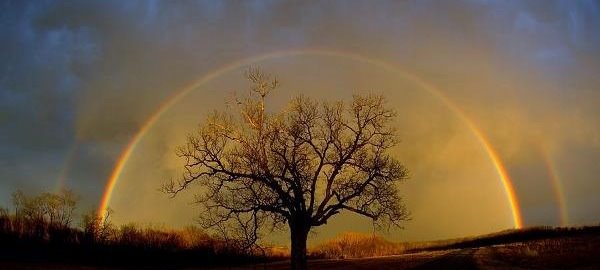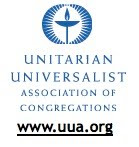Logic and Naturalism
My Google alert for humanism and naturalism turned up a beautiful blog making a mathematical argument for the supernatural. Gødel's proof that mathematical logic requires some assertions to be made as axioms beyond proof, is claimed to prove the existence of the supernatural. But knowledge that something is incomplete does not tell us what would complete it. As Dawkins would say, "it has not been disproven that there is a teapot of fresh hot English Breakfast orbiting the Earth. But that is not a good basis for astronauts to plan a tea on orbit."
Corresponding to Godel's theorem, there is one important moral principle that is axiomatic and beyond proof, and that is the sanctity of life in the universe. Naturalists agree on this principle and share it with the adherents of most other moral codes. It requires no supernatural authority to recognize the importance of life in the universe. The problem is that many if not most religions qualify sanctified life with the adjective "human", and even more narrowly, human life of the right religious persuasion. Humans of other persuasions (or races, creeds, colors) are often defined to be subhuman, putting them outside the sphere of sanctity and making them eligible for execution when expedient.
The difference between supernaturalism and naturalism is that there IS abundant evidence, accessible to everyone, of the everything in the natural world. The natural world of reality is "that which doesn't go away when you stop believing in it" (Phillip Dick). This is an extremely powerful argument and there is nothing illogical or inconsistent about it.
Scientific "truth" is not that at all, but rather is our best guess, today, and will certainly be revised. Compare that with "revealed truth", i.e. dogma. But even dogma will be examined by science, and accepted when there is evidence for it. Science seeks only to "silence" claims for which there is no evidence, in favor of claims for which there is evidence, but then only until there is more evidence.
Regarding the blog comment on "non-theism": that's close to agnosticism, the assertion that there can be no knowledge of events to which we have no sensory access (like the period before the big bang). One is free to believe what one likes about things for which there is no evidence. They must be believed to be seen. Naturalism simply urges that we make life and death ethical decisions based upon what we know and agree upon (plus the axiom of the sanctity of life) rather than things some of us happen to believe but about which others may disagree without any possible (evidence-based) resolution.
More relevant here is "pantheism", which is the assertion that it is the universe itself to which we owe reverence and the attribution of divinity. Could there be a power more indifferent to mere humans; yet which is evidently responsible for the existence and the support of all life forms? Or a better basis for the sanctity of life? It's not the deity we want, too "red in tooth and claw" for our tastes in a personal God, but it's the deity we have, according to the available evidence.
"We are a way for the universe to know itself." -- Carl Sagan





No comments:
Post a Comment